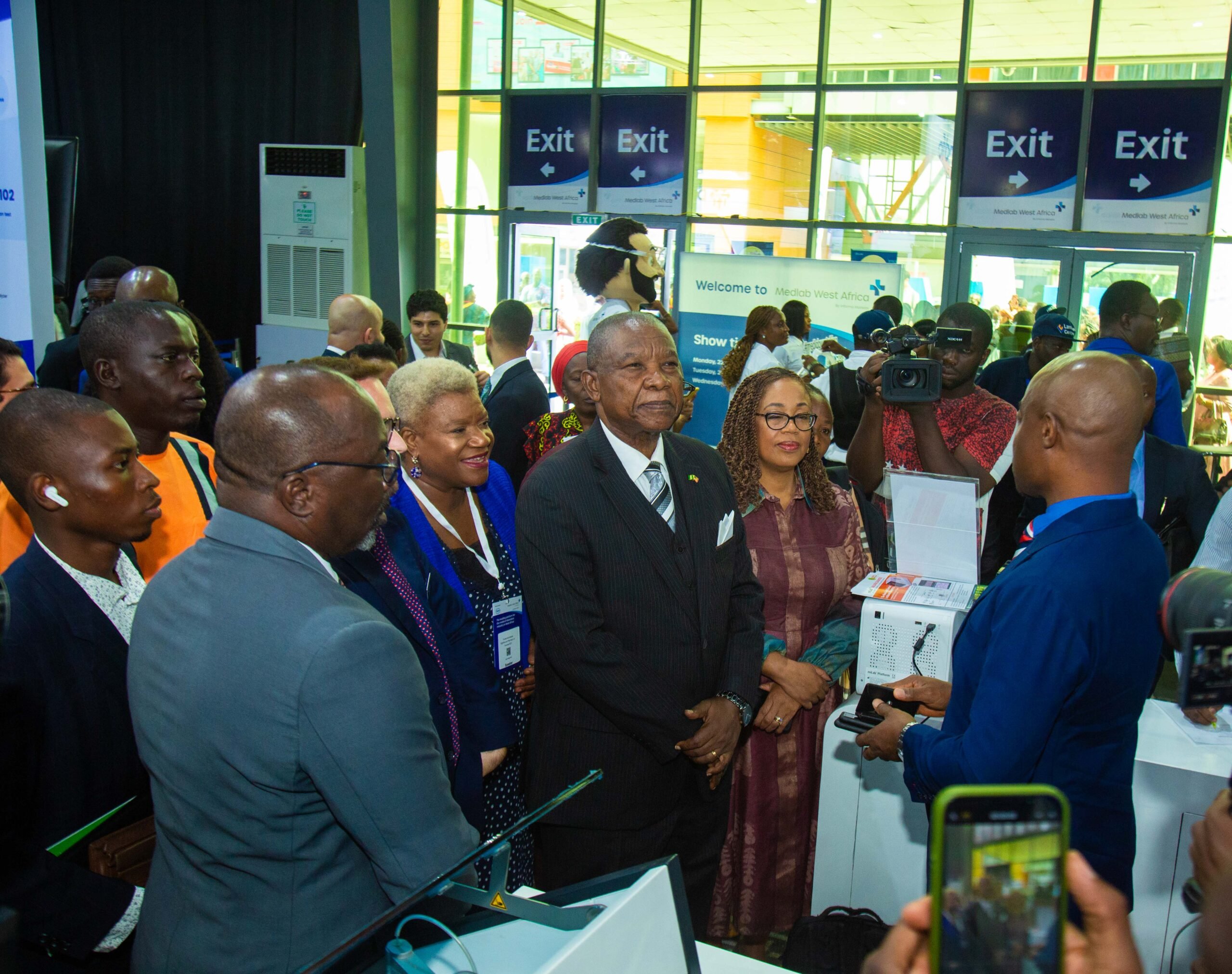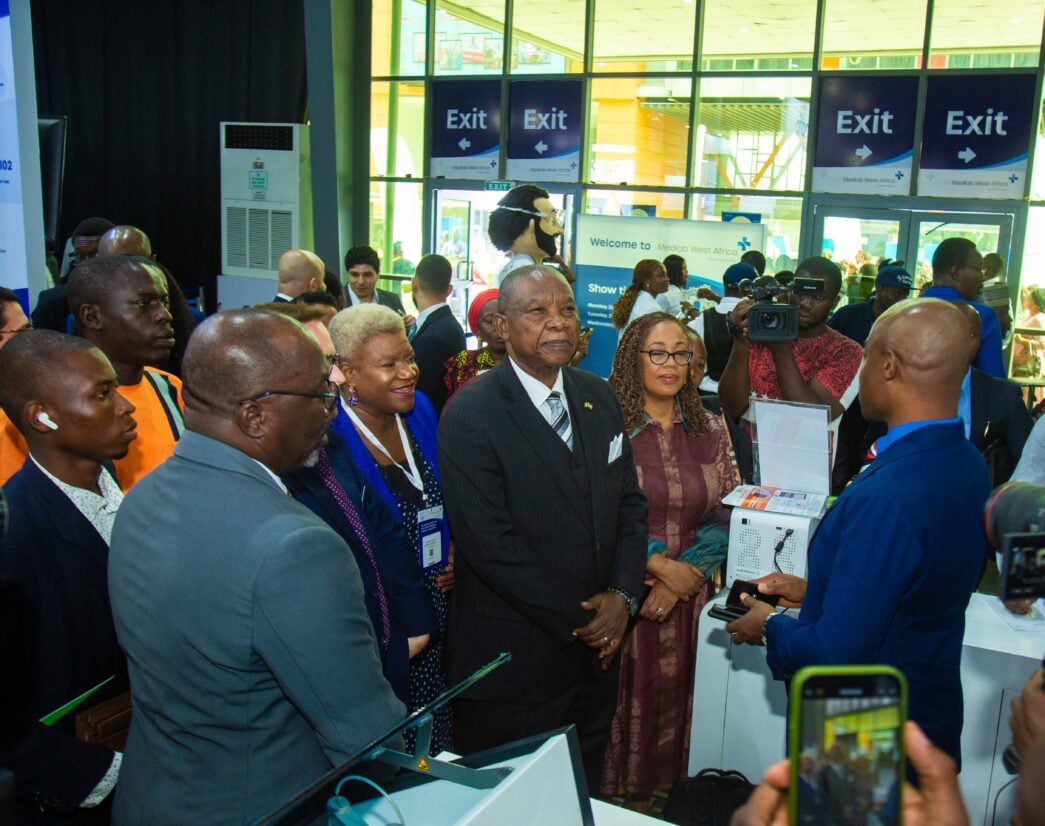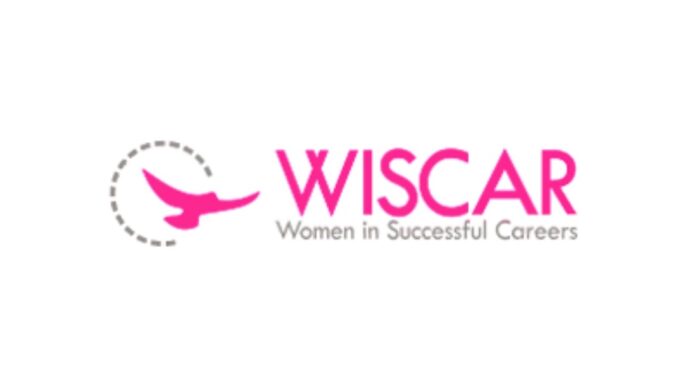West Africa stands at a healthcare crossroads. Rapid population growth, urbanisation, and rising health awareness have placed mounting pressure on governments to provide accessible, high-quality medical services. The region’s existing public health infrastructure, though improved in recent years, remains under-resourced and ill-equipped to meet future demand. In response, Public-Private Partnerships (PPPs) are emerging as pivotal levers—enabling innovation, mobilising resources, and transforming healthcare delivery across diagnostics, laboratories, and beyond.
As nations across West Africa seek to build more resilient health systems, PPPs offer a strategic path forward—not merely as funding vehicles, but as collaborative models that align the innovation and efficiency of the private sector with the reach and oversight of the public sector. These partnerships serve as engines of shared impact, unlocking value and accelerating progress where it’s needed most. Events like WHX Lagos and WHX Labs Lagos have become essential convening grounds for such partnerships—sparking critical dialogue and catalysing healthcare transformation across the region.
Despite strides in health outcomes over the past decade, systemic challenges remain. Nigeria, the region’s largest economy and most populous country, offers a telling snapshot. According to recent analyses by Nigeria Health Watch, ongoing issues range from underfunded public health institutions and rural care disparities to a chronic lack of skilled personnel and outdated diagnostic services. These pain points underscore why traditional models alone are insufficient—and why collaborative, cross-sector solutions are vital.
PPPs offer the ability to address three major public-sector deficits: efficiency, innovation, and capital. With the right governance frameworks and performance-based models in place, governments can de-risk private investment while delivering public value. A study published by the National Center for Biotechnology Information (NCBI) affirms that PPPs can reduce the strain on public systems by mobilising private expertise and financing to build, maintain, and operate healthcare infrastructure.
Elevating Infrastructure and Diagnostics Through Partnership
Central to healthcare transformation is the modernisation of infrastructure, particularly in diagnostics and laboratory medicine. Quality outcomes begin with timely, accurate diagnoses—yet many public facilities across West Africa lack the equipment, systems, and human capacity to meet this need. PPPs provide a path to develop cutting-edge diagnostic centres and laboratories with shared responsibility, risk, and return.
Moreover, the private sector is driving technological innovation in healthcare. From AI-powered diagnostics and telemedicine to advanced data analytics, private firms are already shaping the future of patient-centred care. In Nigeria, a growing ecosystem of health tech start-ups and med-tech companies is actively exploring collaborative opportunities with public health institutions to amplify their impact. According to Mondaq, the most successful PPPs are anchored in a shared vision for innovation—deploying modern laboratory equipment, automating testing processes, and integrating electronic medical records to reduce delays and improve accuracy.
Building Capacity Through Knowledge Transfer
Infrastructure and technology alone cannot transform healthcare without a skilled workforce. One of the enduring benefits of PPPs is their capacity to support human capital development. Through knowledge exchange, technical training, and partnerships with academic institutions, PPPs facilitate the upskilling of healthcare professionals and enhance institutional capacity.
This approach ensures that local professionals are not only trained in new systems and equipment but are also equipped to drive and sustain change. By aligning the interests of public health departments, universities, and private providers, PPPs create long-term value for healthcare systems and communities alike.
WHX Lagos and WHX Labs Lagos: Platforms for Action
The rebranding of Medic West Africa and Medlab West Africa into WHX Lagos and WHX Labs Lagos represents more than a name change—it reflects a bold evolution in how healthcare collaboration is imagined in the region. WHX Lagos now serves as a cross-sector convening platform, bringing together policymakers, healthcare leaders, innovators, and investors committed to shaping West Africa’s health future.
Notably, WHX Labs Lagos provides a specialised lens on laboratory and diagnostics innovation. With curated panels, investment forums, and exhibition showcases, it offers stakeholders a space to spark ideas, negotiate strategic deals, and launch transformative ventures. These events are less about selling products and more about building systems—acting as think tanks for the next wave of Public-Private Partnerships and healthcare reform.
The road to stronger healthcare systems in West Africa runs through strategic collaboration. Public-Private Partnerships are uniquely positioned to deliver long-term impact across three core pillars: infrastructure, innovation, and workforce development. By facilitating investment, accelerating digital transformation, and building local expertise, PPPs can help the region overcome long-standing challenges and deliver sustainable, inclusive health outcomes.
WHX Lagos and WHX Labs Lagos are critical enablers in this journey. By bringing together voices from across the healthcare ecosystem, they are not only responding to immediate needs but are actively co-creating the healthcare systems of the future—grounded in shared prosperity, long-term vision, and regional resilience.













